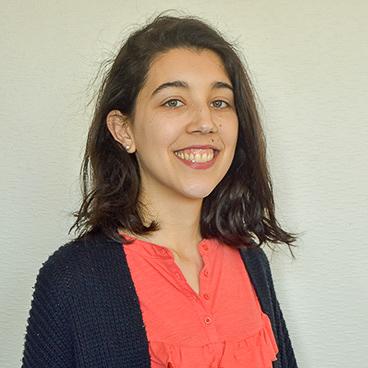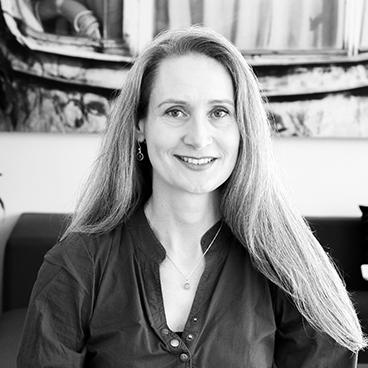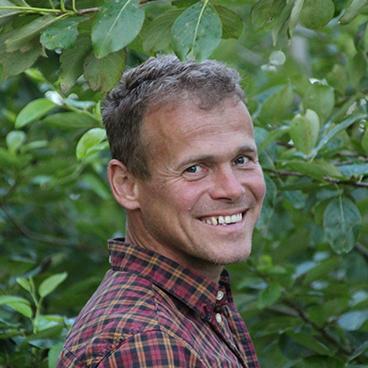10 June | 12:00 – 13:00 CEST
Register
In 2017, the European Commission identified public procurement as a strategic opportunity to prioritise environmental and health objectives by rewarding progressive food suppliers who operate sustainable activities and business models. Whilst the European Commission published their Green Public Procurement (GPP) Criteria for food and catering services, and vending machines in 2019, European hospitals and healthcare facilities still face many challenges when trying to procure organic, environmentally responsible, or fair trade food as part of a sustainable food strategy.
Hospitals across Europe, however, are ready to face these challenges and engage with new models of purchasing and consumption to contribute to a safer, just, sustainable, and prosperous future. On Wednesday 10 June, we will be hosting a webinar to discuss the strategic opportunity of food procurement in healthcare and to launch HCWH Europe’s latest Sustainable Food publication: How to green food services in European healthcare. Analysing the main provisions within the GPP Criteria, our guide provides recommendations and case studies from across Europe to encourage and support healthcare providers in implementing sustainable food procurement strategies.
In this webinar we will:
- Launch HCWH Europe’s new publication, which includes guidelines for healthcare organisations to procure healthier and more sustainable food options.
- Hear the experience of the Municipality of Copenhagen and the Bispebjerg and Frederiksberg Hospital in Denmark, on how they initiated a sustainable food strategy.
- Learn from a Bispebjerg and Frederiksberg Hospital food supplier more about how they apply the concept of sustainability in both production and distribution.
- Stimulate discussion about the opportunities and challenges of setting sustainability criteria in healthcare tenders for food and catering services.
Speakers
[Moderator] Paola HERNANDEZ OLIVAN, Food Policy and Projects Officer - Health Care Without Harm Europe

Betina BERGMANN MADSEN, Chief Procurement Officer - City of Copenhagen

Michael ALLERUP, Food Manager and Dietician - Bispebjerg and Frederiksberg Hospital

Bertel HESTBJERG, Producer and Co-founder - St. Hestbjerg family farm

He has overseen the business grow to seven properties and 26 employees selling more than 30,000 pigs a year to both retail and food service. The continues to focus on raising animal welfare standards, and is now developing it’s sustainability - including recycling, space for nature and wildlife, and carbon sequestration.
Register
Event Details
Region
Europe
